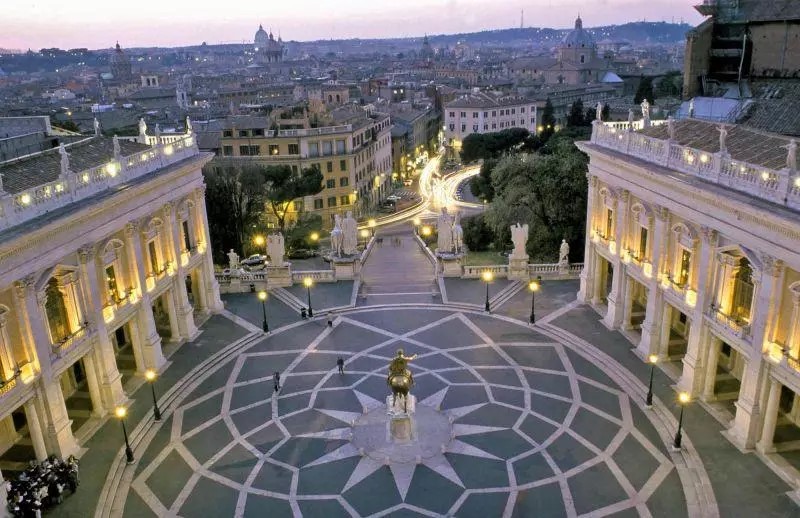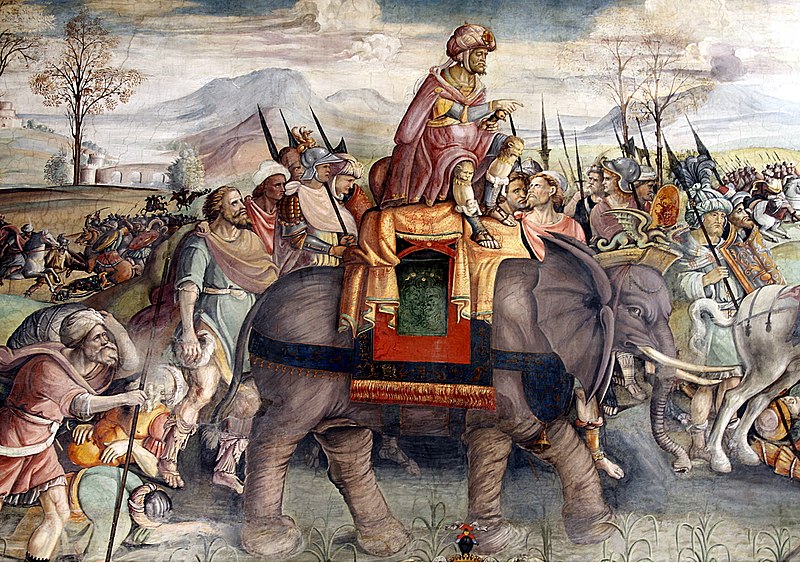
24 oktober 2024
The Santa Casa di Loreto, or Holy House of the Virgin Mary, is a peculiar relic of Catholic devotion. Famed as the miraculous flying house of the Mother of God, the structure invited devotion from Catholic communities as an embodiment of the Virgin’s presence on...

30 september 2024
Museums in Rome are among the oldest and most famous in the world, prized for their outstanding collections, collecting histories, and architecture. Together, they present a full range of Western European museum history in one of the most consequential of historic...

17 september 2024
In 1535, the Spanish poet, Garcilaso de la Vega, wrote a sonnet about the Holy Roman Emperor Charles V’s campaign against the Ottoman admiral Khair ad-Din, fought in the area around Tunis. In this sonnet, written in the region of the ruins of Carthage, de la...

3 juli 2024
Museums in Rome are among the oldest and most famous in the world, prized for their outstanding collections, collecting histories, and architecture. Together, they present a full range of western European museum history in one of the most consequential of historic...

14 maart 2024
Museums in Rome are among the oldest and most famous in the world, prized for their outstanding collections, collecting histories, and architecture. Together, they present a full range of western European museum history in one of the most consequential of historic...








